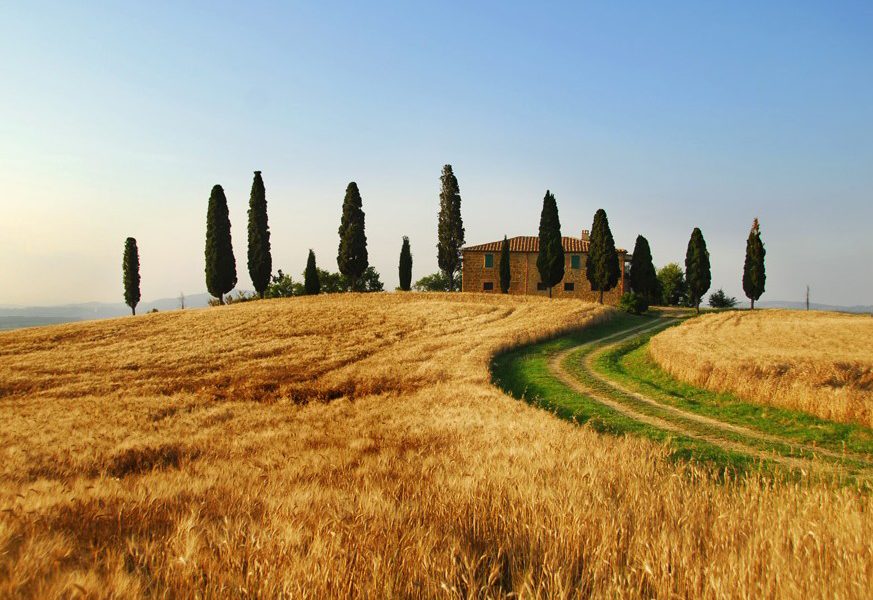As human beings, we have a funny tendency to want to own things.
We like to own our homes, we like to own our cars, we like to own ‘stuff’. I’d go as far as to say that society has moulded us to be obsessed with ownership. The media loves to play on how difficult it is for first home buyers to enter the market, our friends and family celebrate when we finally do and the government chips in by offering grants along the way. Why such emphasis on ownership? Well, I think it’s because we’re fundamentally emotional creatures. We become easily attached to things we’re emotionally connected to. So sometimes reason, logic and rational thought can quickly take a backseat when emotion colours our decision-making.
Here’s a thought: If I control an asset, enjoy all the same benefits of ownership AND do so at a lower cost, why shouldn’t I get the same emotional pay-off as I would from ownership? It’s a question I find myself asking a lot. Yet, despite fighting a deep, culturally-ingrained feeling that it’s not quite the same, logic keeps bringing me back to the conclusion that it is.
So it begs the question…
[Tweet “Emotion aside, how best to filter the decision of whether to own or simply control an asset?”]
Passion
Are you passionate about it? And I mean really passionate. For example, I really like wine but I wouldn’t buy a winery. Why? I’m just not passionate enough about wine to put the necessary blood, sweat and tears into the winery to make it work. Now I still have an emotional attachment to the ‘idea’ of owning a winery. I like the idea of being able to pop into my own winery on weekends and stay in my own little cottage on the winery. I like the idea of crafting a delicious drop from scratch and being able to share it with my closest friends. But I just don’t have the passion to stick it through the tough times and hard slog to make it work.
Therefore It makes much more sense for me to control the asset instead. I can rent that cottage for the weekend and invite my closest friends down for lunch. We can enjoy the vigneron’s best drop for little more than $12 a glass. Ultimately, I can enjoy all the same benefits of ownership, for a lower cost and without the headaches that come with ownership along the way.
Expertise
Having expertise gives you a competitive advantage over other owners in a particular class of assets. That expertise allows you to pick, utilise and manage that asset better than other competing owners and therefore generate a higher return on that asset. For example, unless you’re an expert in property, why would you put your money into picking, owning and self-managing your own property? What gives you an advantage over all the other players in that class of assets? Nothing. Yet, at least in Australia, people are obsessed with owning their own property, like it’s a right of passage to prosperity.
Now, don’t get me wrong, if you’re an unsophisticated investor (like the majority of the population), then buying property is going to result in your net worth increasing over time (it’s a fairly safe asset class, highly unlikely to collapse like a company might). But it’s pointless looking at that in isolation and saying its a good decision to put your money into property. You need to weigh that against the opportunity cost of your capital. Could you have generated a higher return with those funds in another asset class?
For example, if you’re a lawyer, your sole area of expertise is in law, you’re managing a team of lawyers in someone else’s practice and you’re bloody good at it, then would you be able to do more with your capital if you invested it into owning and running your own law practice instead of buying your own home? If it were me, I’d question the validity of the latter very closely.
Experience
Much like expertise, experience gives you a competitive advantage over other owners in a particular class of assets as well. Experiential learning (on the job experience) is a totally different paradigm to informative learning (higher education). It’s the age old problem that most university students have upon graduating, that despite their self-satisfied feeling of importance and intellect, they’re actually pretty useless when it comes to dealing with the real world and being able to contribute real value to it. Hence, without experience owning or managing a particular asset, and without any of the above two factors, ownership in that particular asset class is risky. You’re probably going to do a terrible job at picking, utilising and managing that asset to generate an above-average return from it (whether that be a business, property, shares, other financial securities etc).
Now there may be one lingering objection to the above, which is that most financial advice states we should own a diversified portfolio of assets from different asset classes. Passive or active, it’s wise to diversify. Therefore, if you’re a lawyer and have just started your own practice, then it’s also perfectly prudent to own your own home as well. The distinction is, diversification makes a lot of sense when it comes to wealth protection i.e. ensuring you don’t lose the money you’ve already got. When it comes to wealth accumulation i.e. generating new wealth from scratch, its makes makes much more sense to use the above three factors as your filter for what to own and what to simply control.












